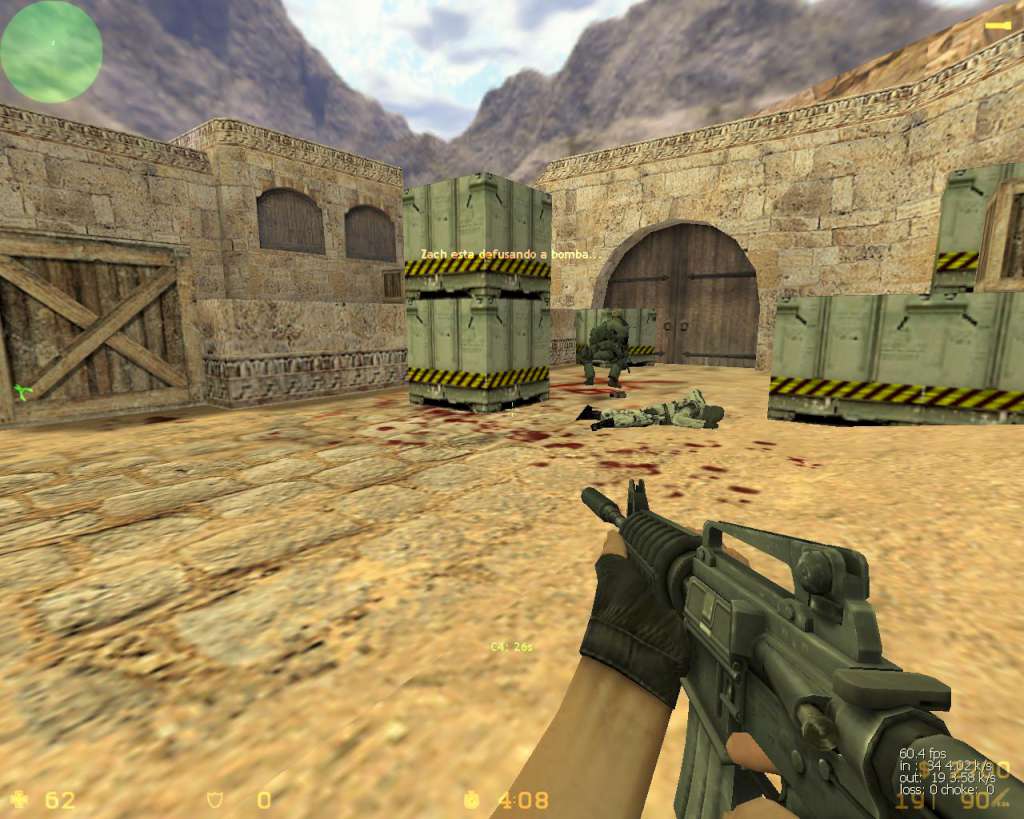Counter-Strike: A New Frontier with AI-Generated Gameplay
The gaming world has been abuzz with the latest groundbreaking experiment: AI-generated gameplay for Counter-Strike. This innovative approach, showcased by Tom’s Hardware, has opened up new possibilities for the iconic first-person shooter franchise. While the current performance may be limited, the potential for AI to revolutionize gaming is undeniable.

Understanding the Experiment
The experiment involved training a neural network to mimic the frames of Counter-Strike Global Offensive. By analyzing countless hours of gameplay, the AI learned to replicate the in-game actions, movements, and even the visual aesthetics of the original game.
Challenges and Limitations
Despite the impressive advancements, the current implementation faces several challenges. The AI-generated gameplay is still far from a seamless experience. The “on-the-fly” generation process, coupled with the demanding nature of the task, results in a relatively low frame rate, even on high-end hardware like the RTX 3090.
Training Process
The developers utilized a substantial dataset of 87 hours of Counter-Strike gameplay to train the neural network. This extensive training period, combined with the powerful hardware of the GeForce RTX 4090, allowed the AI to learn and refine its understanding of the game’s mechanics and visuals.
The Future of AI-Generated Gameplay
While the current demonstration may be imperfect, it represents a significant step forward in the field of AI and gaming. As technology continues to advance, we can expect to see further improvements in AI-generated gameplay. This could lead to more immersive experiences, personalized challenges, and even entirely new game genres.
Potential Applications
Beyond simply replicating existing games, AI-generated gameplay could be used for a variety of purposes. For example, it could be employed to create personalized training tools for esports players or to generate unique content for game streaming platforms.
Ethical Considerations
The development of AI-generated gameplay also raises ethical questions. Concerns about copyright infringement, plagiarism, and the potential impact on human creativity need to be carefully addressed.




